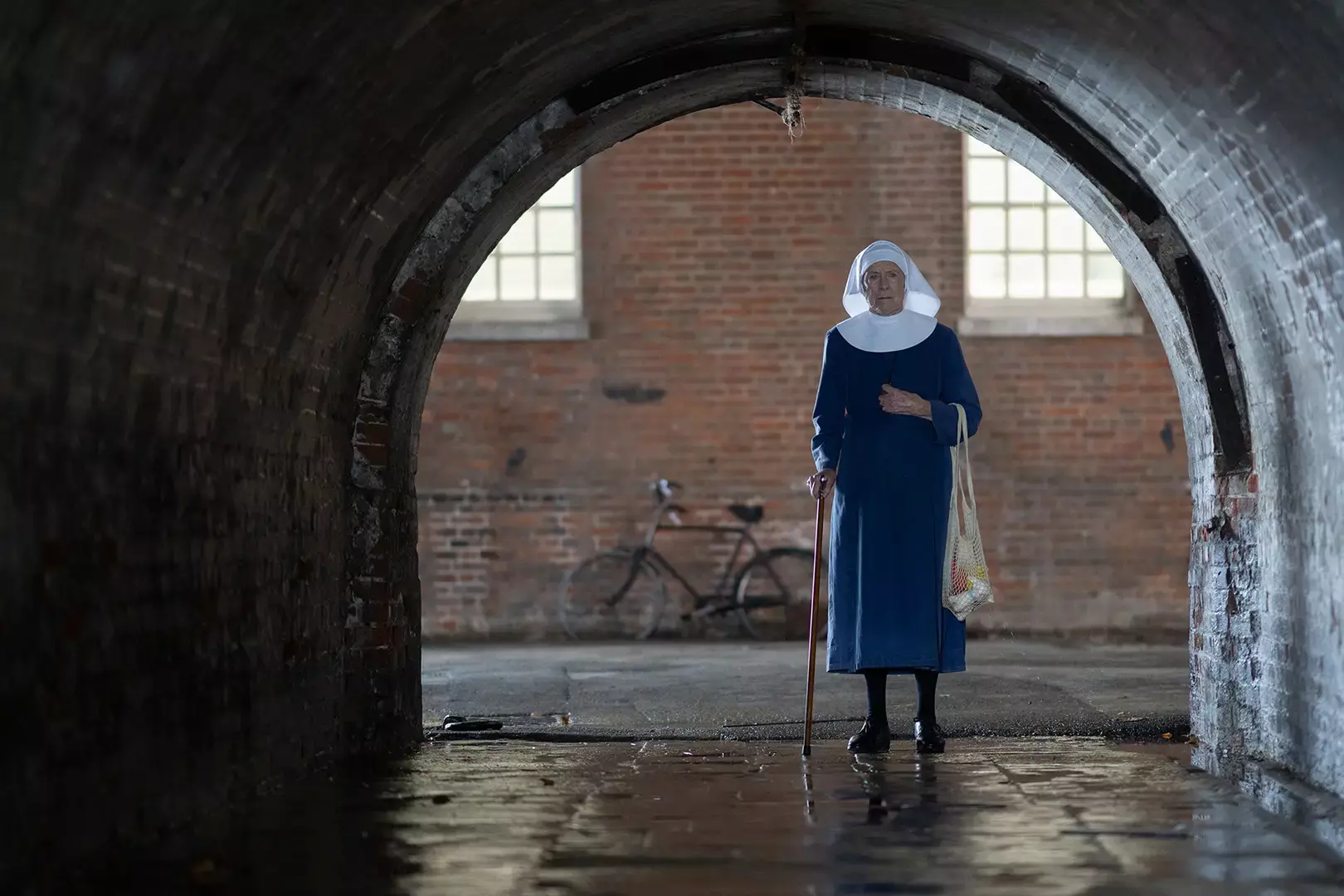Our best intentions and our best efforts do not always result in the best outcomes. We cannot know everything, and our human limitations can lead to unintended consequences.
Deirdre tried to do her best for her red ribbon boys and almost landed in prison for abandoning them.
Gladys Bell tried to do her best to take care of her father and her son, unwittingly sacrificing herself to cancer.
Matthew Aylward did his best to correct the financial problems of his father’s company without success and with a severe rebuff. Trixie, with her best effort, found a job for her struggling husband and infuriated him.
Shelagh Turner, in Episode 5, tried to do her best for a laboring Mom on the beach and almost lost her child, May.
The following modern-day story of an unexpected outcome, despite best intentions, painfully demonstrates the price of human limitation.
***
When teen Becky came to the clinic for prenatal care, the midwife tried her best to give her the attentive care she gave all her patients. At 32 weeks, nausea may be just a memory, but new discomforts can arise. The visit went something like this:
“How are you feeling today?” the midwife asked.
“I have a backache.” The young mother-to-be reached around to hold her hand on her lower back.
“Do you have a backache now? Any tightening of your belly? Any questions or concerns?”
“No. Can I go dancing? Can I color my hair? My back hurts at work. I work at McDee’s Hamburgers, and I stand for hours.”
The midwife answered her questions, reviewed comfort measures, and suggested getting a stool to put one foot up to relieve pressure on her back while standing for long intervals. Although labor can cause backaches, she wasn’t concerned. Fifty to eighty percent of women complain of back pain throughout pregnancy. Becky was given a pamphlet listing symptoms of labor, danger signs to report, and a phone number to call with concerns. She made an appointment in two weeks. Her vital signs and all indicators were normal.
A day later, the midwife was informed that a family member had called reporting that Becky had delivered a premature breech baby at a neighboring hospital. The baby died. Shocked and dismayed, the midwife wondered what she may have missed. Had she failed to do something that may have prevented this tragedy? The charting of the prenatal visit was reviewed. She had not done an exam to assess her cervix, but that wasn’t indicated unless labor was suspected. Becky had denied contractions. The fetus’ breech position wasn’t concerning. Most end up flipping in the last month of pregnancy. Calls to the family were unanswered. She never saw Becky again.
Four years later, the midwife’s employing hospital was informed that Becky was suing her and the hospital for negligence causing the death of the baby. The details of the birth were not clear. Whether Becky delivered at home, in the car, or at the emergency room was not clear. A common complication of premature breech birth is head entrapment, but it was unknown if that was the cause of death. The midwife ended up giving a deposition while being questioned by the prosecutor. He sneered and asked if the midwife knew what agony and pain a baby feels while suffocating.
“I am not a neonatal neurologist, therefore the answer to that question is beyond my scope of expertise.” She spoke calmly despite the sick feeling in her gut.
Becky was asked to review another witness’s deposition, a physician who worked at the hospital where Becky gave birth. Upon learning that Becky had been seeing a midwife for her care, the doctor remarked, “If that midwife knew what she was doing, your baby wouldn’t be dead.” Throwing the midwife under the bus has been a long tradition in American health care.
After several months, the hospital settled with the family for a few hundred thousand dollars. The settlement included a statement in which the midwife was deemed not guilty of negligence. The hospital lawyers said that it is often less expensive to settle outside of court than the cost of going to trial. At that time, the midwife learned that Becky had delivered another baby who was born with special needs. Knowing the family would need the settlement money to care for that child, the midwife took comfort. Perhaps the lawsuit was an effort to do the best for that child.
Still, she wondered what she would have learned if she had examined Becky during the last prenatal visit. A pelvic exam is such an invasive procedure, especially for a young teen.
Did she truly do her best? Could she have prevented this calamity? We cannot know everything. We stop asking because the answers don’t matter. There is no perfect answer.
